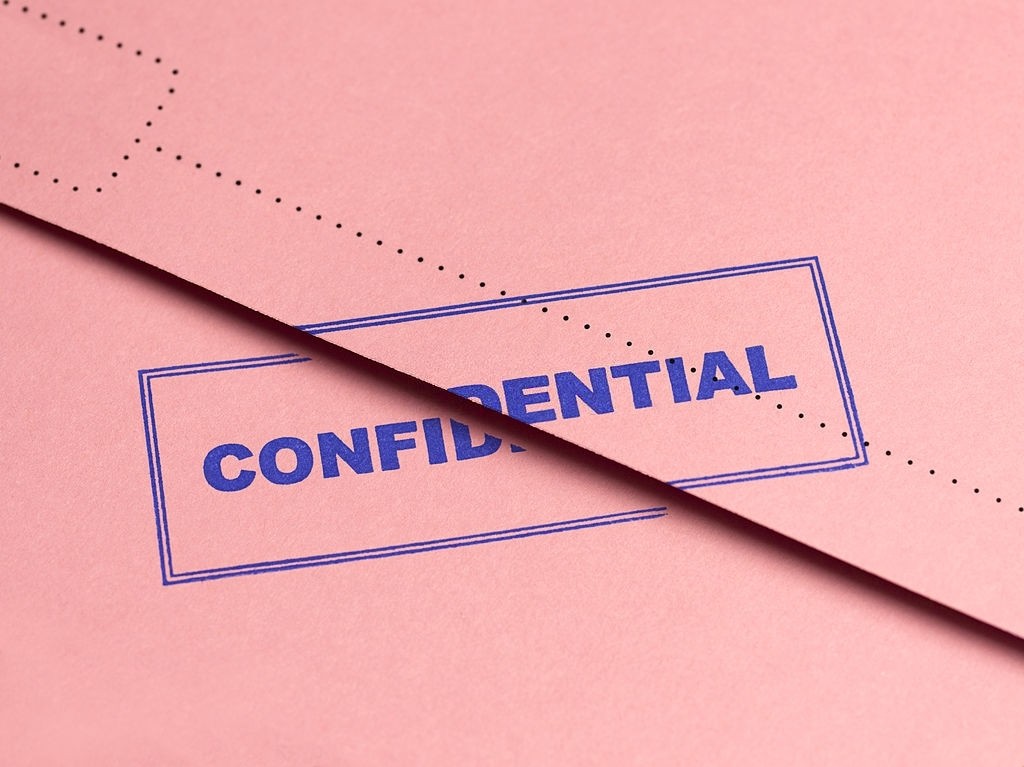The IRS cannot simply terminate employees as private-sector employers can. IRS employees are often shielded by complex bureaucratic processes that makes it difficult to remove them from their positions. The recent case of Sheiman v. Department of the Treasury, No. 2022-2045 (Fed. Cir. 2024), provides an opportunity to consider the IRS’s challenges in terminating an…
Category: IRS Misconduct & Disclosure
IRS Misconduct & Unauthorized Disclosure
The IRS is prohibited from taking certain actions and also from disclosing taxpayer information to third parties without permission. If the IRS unlawfully violates these rules or discloses taxpayer information, we help clients hold the IRS accountable. Give us a call to see how we can help, (713) 909-4906.
Limiting IRS Access to Your CPA & Tax Attorney Records
A core principle of U.S. law and a foundation of our legal system is the presumption of innocence. The burden of proof lies with the accuser, not the accused. This underpins the right against self-incrimination and the right to legal counsel to mount a vigorous defense. However, this framework unravels if the accuser can access…
Think Twice Before Handing Records to the IRS
There have been several lawsuits filed against the IRS for unlawful disclosure of taxpayer information. These include a suit filed by President Biden’s son, a lawsuit filed by the IRS against IRS contractor Charles Edward Littlejohn for leaking taxpayer information to news outlets–which apparently included former President Trump’s tax returns and returns for many other…
Can IRS’ Unauthorized Disclosure Trigger Punitive Damages?
We all make mistakes. It happens. This includes inadvertent disclosure of confidential information. There is a remedy when a private party that makes an unauthorized disclosure. The aggrieved party can simply bring suit. There are basically no restrictions on the amount of damages that are available and when one qualifies for damages. The rules are…
IRS Agents Contact Third Parties During IRS Audit
We often get questions as to whether IRS agents can contact various third parties during the course of an IRS audit. The general rule is that IRS agents can in fact contact third parties. And they sometimes do. The ability to do this is limited and it does not exempt IRS agents from the confidentiality…
“Rule of Thumb” for Reporting IRS Employee Misconduct
The ethical and moral standards for IRS employees are not as stringent as those that are imposed by non-government agencies. There are however some minimal standards that apply, which are in addition to remedies for misstatements by IRS employees. The IRS Restructuring and Reform Act of 1998 was enacted to improve taxpayer rights and service,…
Example of IRS Disclosure of Confidential Information
The IRS is prohibited from disclosing taxpayer information to third parties. There are a number of exceptions. But when the laws are violated, the courts can and do award damages to taxpayers. In Ward v. United States, 973 F. Supp. 996 (Dist. Colo. 1997), the court found that the IRS had violated the law by…







